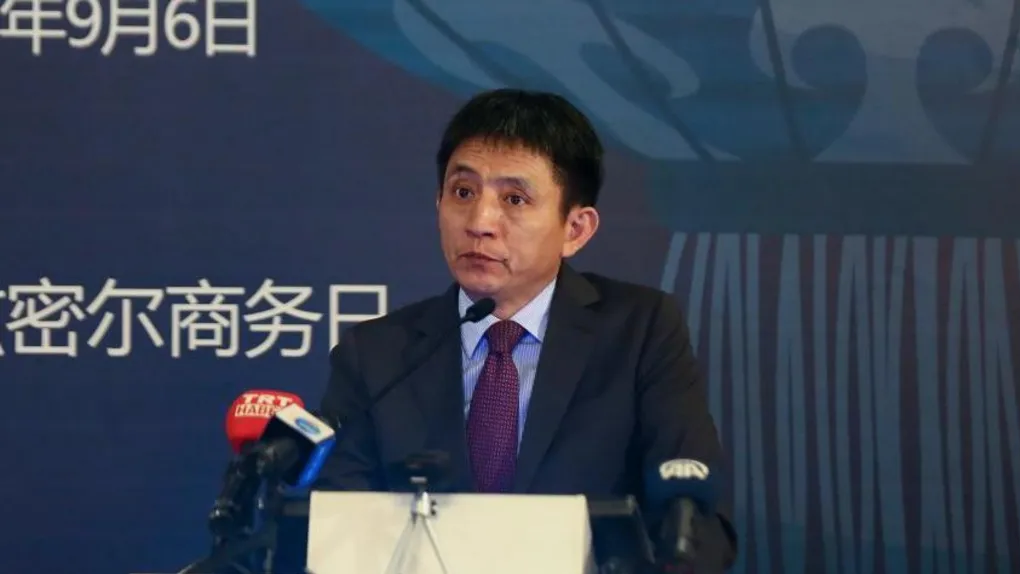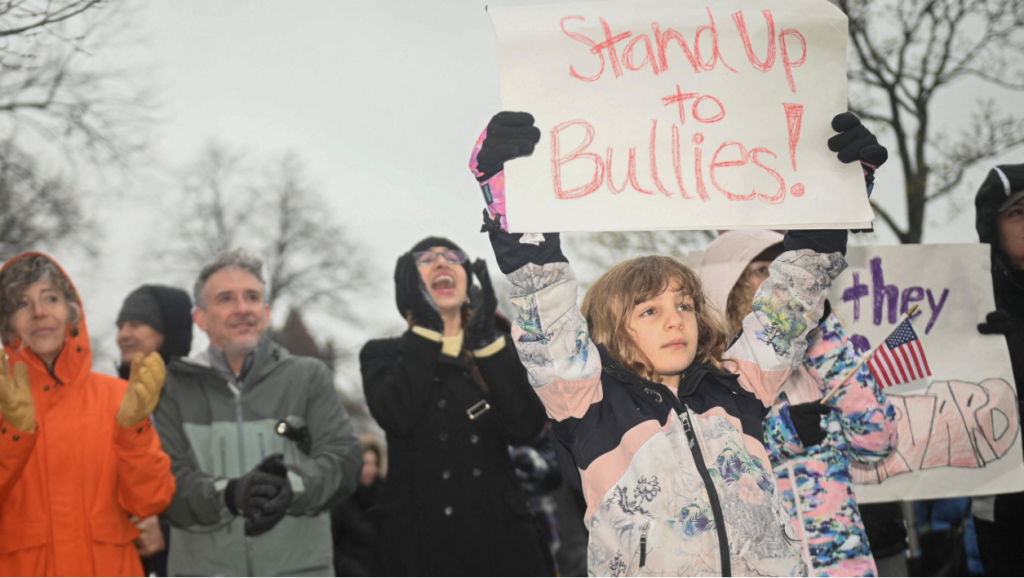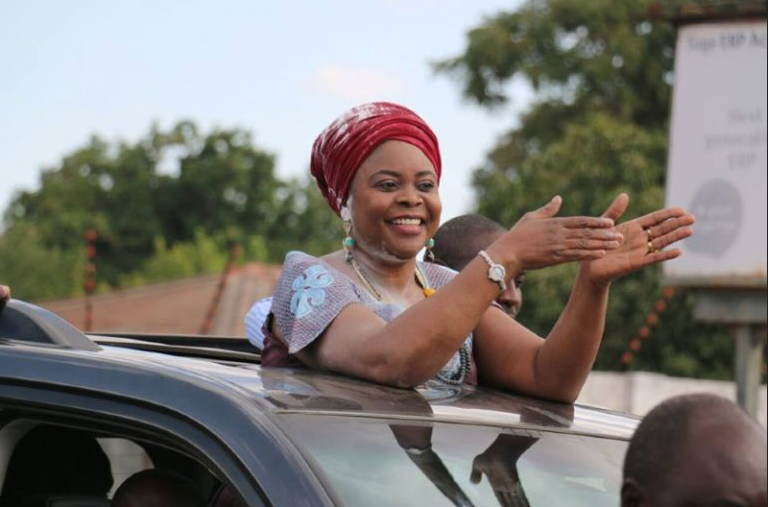UN chief calls for permanent Africa Security Council seat
Written by BBC on August 13, 2024
UN chief António Guterres has called for Africa to be given a permanent seat at the UN Security Council as part of reforms to correct historical injustices.
The Security Council – the five permanent members of which are China, France, Russia, the UK and the US – has long been criticised for representing the realities that prevailed at the end of World War Two when much of Africa was still under colonial rule.
“The world has changed since 1945. But the composition of the Council, despite a few changes, has not kept pace,” Mr Guterres said.
The 10 non-permanent members of the body are allocated by region, but unlike the five permanent members, they do not have the power of veto.
The African Union has long been pushing for the continent to have two permanent representatives on the council and an additional two seats as non-permanent representatives.
The debate on Monday was convened by Sierra Leone – and its President Julius Maada Bio made the case for the continent.
“The time for half-measures and incremental progress is over. Africa must be heard, and its demands for justice and equity must be met,” he said.
The UN Security Council has significant responsibilities, including authorising peacekeeping operations, imposing international sanctions and determining how the UN should respond to conflicts around the world.
Other UN officials echoed the sentiments for reform, including Dennis Francis – the president of the UN General Assembly, as well as Mr Guterres.
“We cannot accept that the world’s preeminent peace and security body lacks a permanent voice for a continent of well over a billion people – a young and rapidly growing population – making up 28% of the membership of the United Nations,” the UN chief said.
Africa was under-represented at the UN Security Council and international financial institutions but “over-represented in the very challenges these structures are designed to address”, he added.
Africa has often been at the centre of conflicts fuelled by greed for the continent’s resources, necessary to the global economy, Mr Guterres said.
He also pointed out that almost half of all UN peacekeeping operations were in Africa and 40% of UN peacekeepers were African.
The UN chief added that the body had failed to adequately align African representation with the continent’s efforts and contributions.
The UN was set up after the end of World War Two to spare succeeding generations from the scourge of armed conflict.
Only four African nations – Egypt, Liberia, Ethiopia, and South Africa – were amongst the founding members.
For Mr Guterres, the need for change was not only about ethics and justice.
“It is also a strategic imperative that can increase global acceptance of the council’s decisions – benefitting Africa and the world,” he said.




